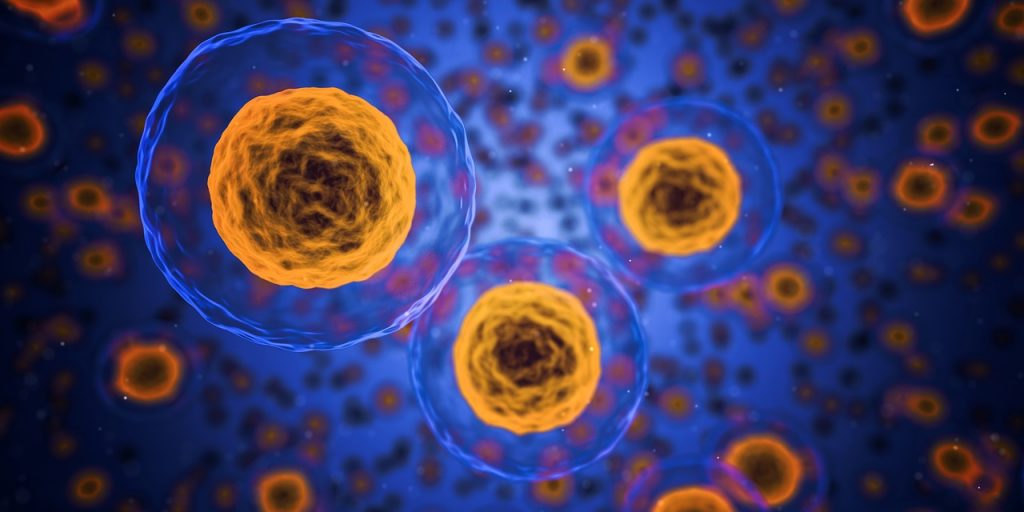From Jorge D Faccinetti – cofounder. From the National Institutes of Health – (NIH), US National Library of Medicine, comes the “Genetics Home Reference; Your Guide to Understanding Genetic Conditions”. This is an outstanding resource to help patients understand the basics of human genetics. The “Help Me Understand Genetics” section provides an introduction to fundamental topics related to human genetics, including illustrations and basic explanations of genetics concepts.
Most importantly, it offers a comprehensive guide with the latest knowledge on many conditions including pituitary disease. Of particular note is the section on Familial Isolated Pituitary Adenomas. The Home Genetics Reference report offers a comprehensive review of FIPA, its frequency, genetic changes, inheritance patterns and sources for diagnosis and management.
You can read more PWN articles on FIPA here.
We especially recommend the articles on the work done by Dr Marta Korbonits of St. Bart’s in the UK. The center at St. Bartholomew’s Hospital in London is one the largest, where both clinical research as well as basic research is conducted to understand the mechanism of the disease and correlate that with the unique features of the clinical syndrome.
Stay tuned for more on the latest developments on this and other fascinating subjects.
© 2017 – 2022, Pituitary World News. All rights reserved.
